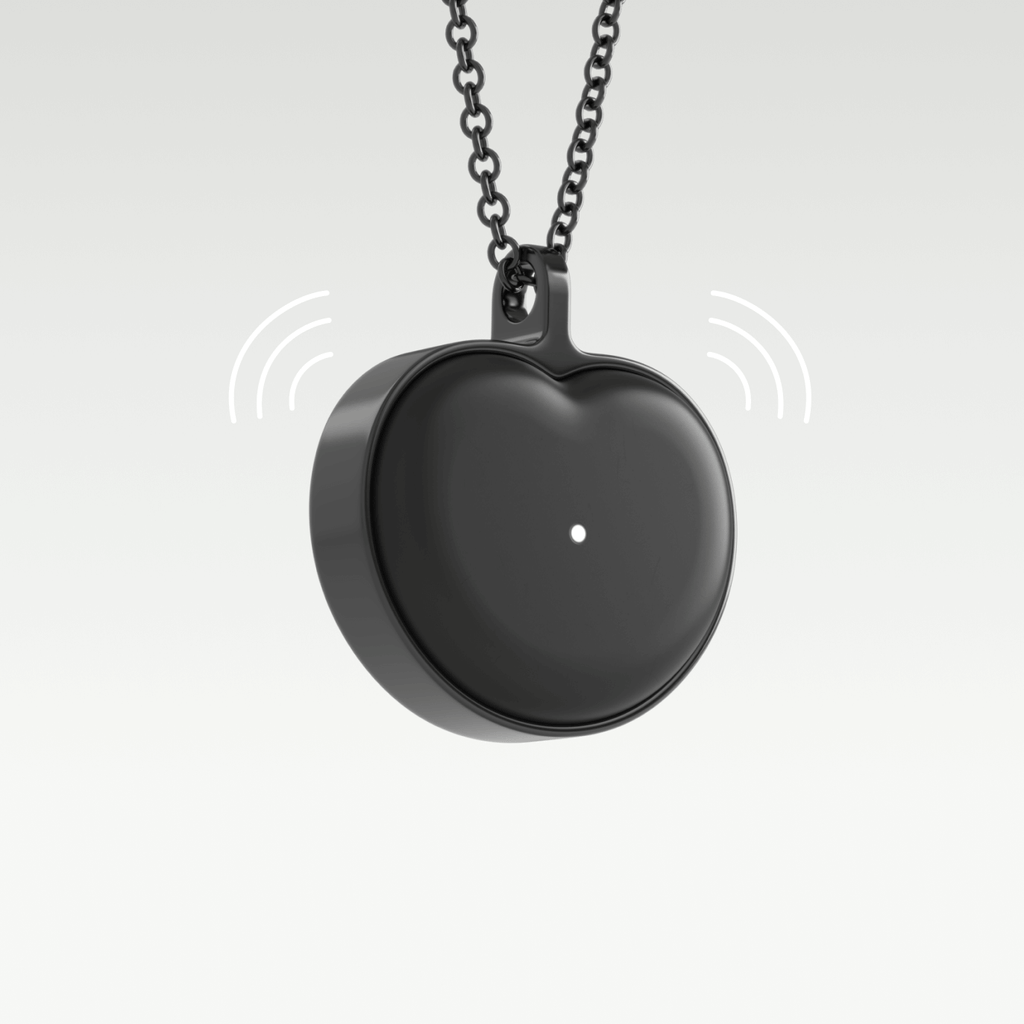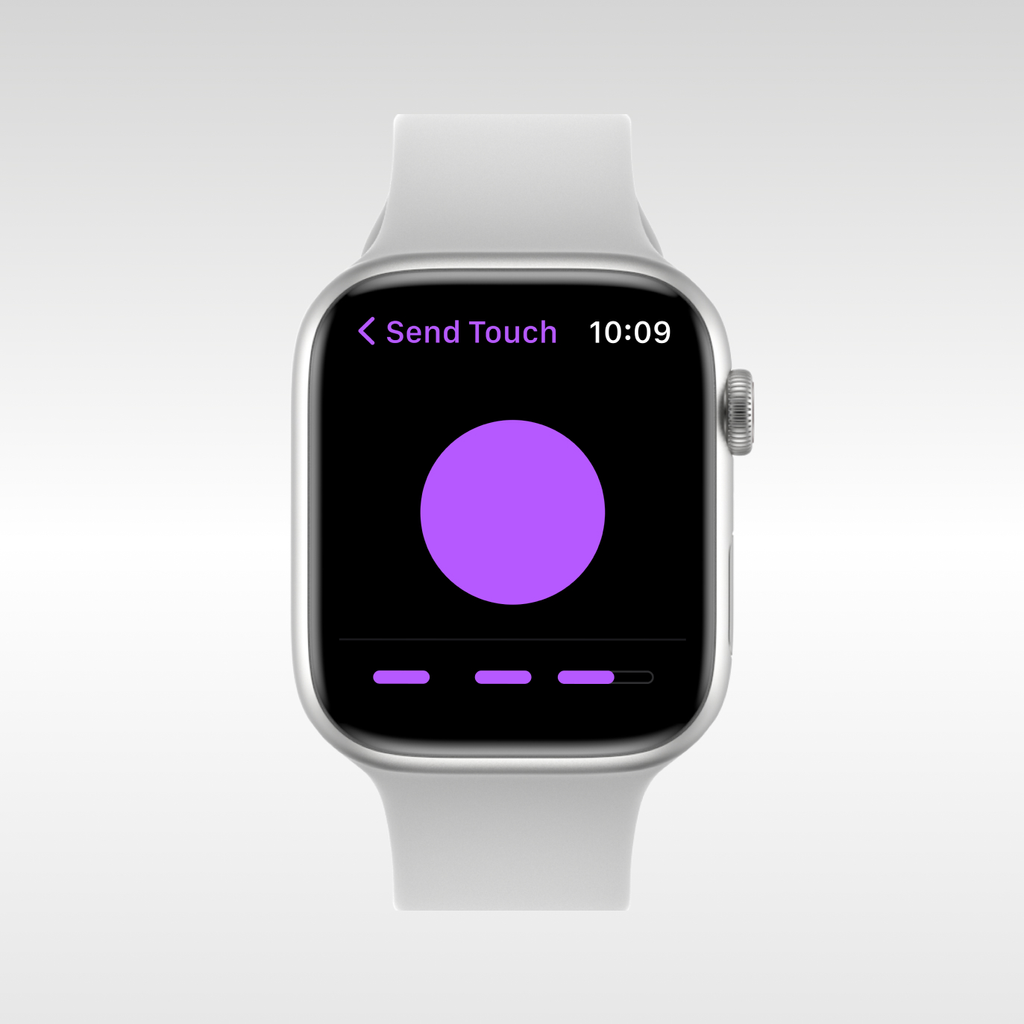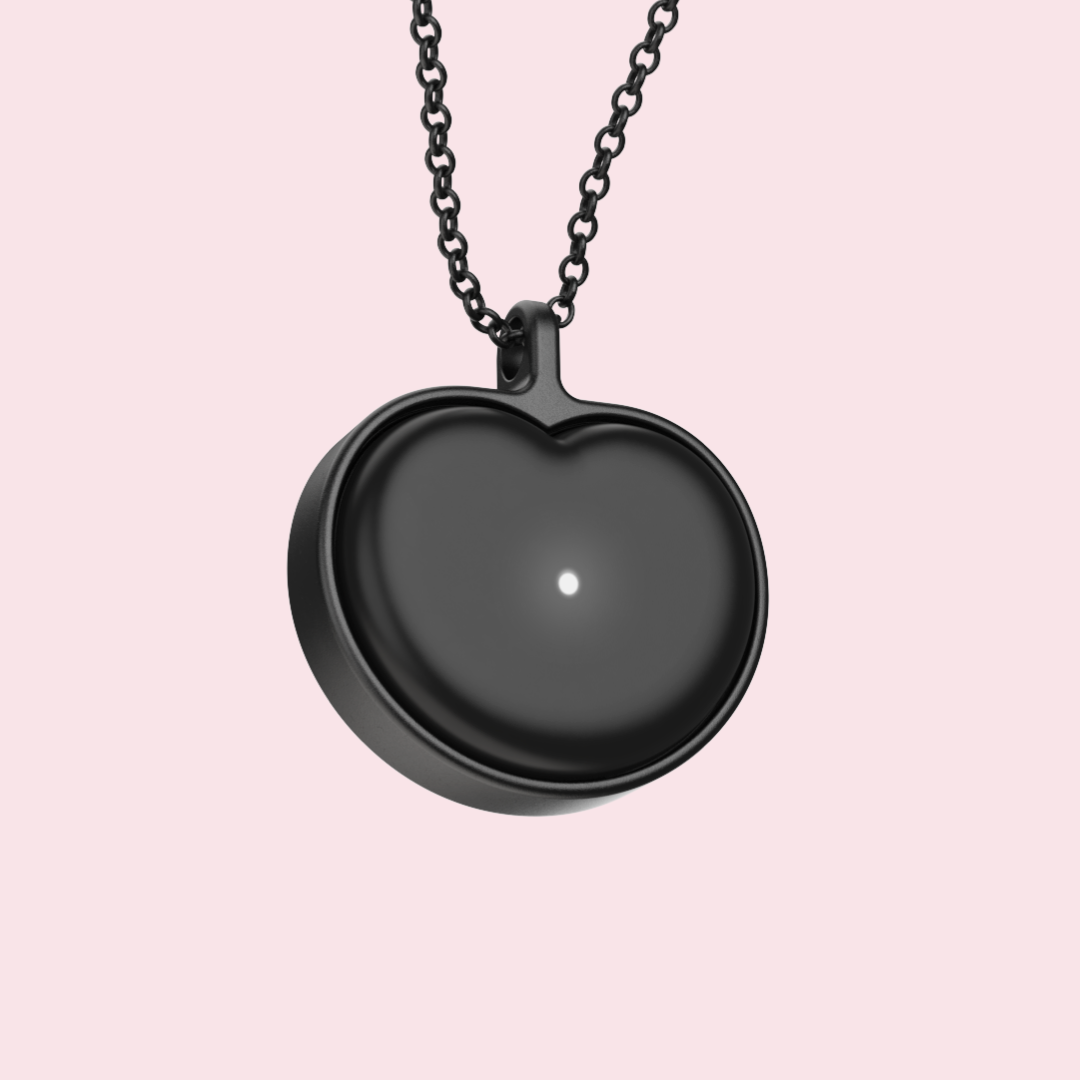It’s been eight months since my boyfriend, and I began couples therapy. After reading that, you may be assuming two things. The first is that couple’s therapy was all my idea, and I had to convince my boyfriend to do it. This is partially true. The second common assumption would be that my boyfriend and I were on the brink of breaking up. That couples counseling was our last hope.
Now that assumption couldn’t be further from the truth.
I work in the dating and relationship field full-time. I’m familiar with adult relationship research and what it takes to have a thriving relationship. One common misconception is that couples therapy is only helpful when a couple can’t seem to stop fighting or, worse, when cheating occurs.
But ask any therapist who works with couples, and you’ll find they say the same thing: most couples who seek counseling come in far too late. There is already so much damage done to their connection that it’s nearly impossible to repair.
So why, then, should we assume that the benefits of couples therapy are exclusive to failing relationships? Wouldn’t couples who want to prevent issues in their relationship also vastly benefit from some tailored professional help?
In my experience, that kind of help does wonders for a relationship.
I’m not afraid to admit that couples therapy was my idea. That my boyfriend was, at first, hesitant about starting. Hell, I’ll even go as far as to say that he was doing it to appease me. I admired the openness nonetheless.
Since the first session with our therapist, my boyfriend changed his tune. On multiple occasions, I checked in with my boyfriend to see if he wanted to continue therapy, given that it’s an extra expense each month, and sometimes, we fall short on things to talk about.
“Of course I do,” my boyfriend adamantly responded. “Even if we don’t have something big to talk about, it’s nice to have a third-person perspective on arguments and a good chance to practice our healthy communication.”
So we’ve continued our weekly sessions.
Now, you might be thinking:
“If there are no issues in the relationship, what could you possibly have to talk about?”
Which is a great question that I’d love to dive into.
I began couples therapy knowing we’d learn a lot about communicating more effectively, and I wasn’t wrong. We’ve learned about active listening and why it’s important to rephrase what your partner tells you to make sure you’ve understood them. Our therapist taught us the importance of taking a break in an argument, especially if it’s going nowhere.
But we also talked about other subjects that I never imagined would come up. Things like whether we want to get married. How we handle finances. Who will do what chores. Our expectations from our partner in all of those categories, long term.
Maybe those topics seem obvious to discuss in a long-term relationship, but they’re often not. Finances are one of the leading reasons people get divorced.
Knowing how to talk about “taboo” subjects could save you from a failed relationship in the long run. Or spare you an argument on who is paying for the groceries that week.
I’ve spoken, on many occasions, about my experience with couples therapy on my Tiktok account. Doing so means I opened the floodgates to people with all kinds of opinions and people who are curious. One of my favorite questions that people ask is:
“How soon is too soon for couples therapy?”
To which I refer to something our therapist said:
“Any couple can benefit from couples therapy, but once a couple decides they’re in the relationship for the long haul, that’s the ideal time to start.”
My boyfriend and I began after being together for two years and moving in with each other. Our experience with therapy has been so positive that we would’ve loved to have started sooner, though.
If, after reading this article, you’re interested in trying couples therapy, then congratulations! You’re a lot further along than most couples. When you broach the subject with your partner, frame therapy positively, explaining how it can help your relationship.
You can even say something simple like:
“Hey babe! I recently read this article (or saw a Tiktok) about how a couple improved their relationship even more by doing therapy together!” Gauge their reaction from there and consider casually bringing up small mentions of therapy here and there before asking if they want to try it.
At that point, talk with your insurance or use an online platform to find a therapist. Make sure not to use your personal therapist because it may create a bit of bias and make your partner feel uncomfortable.
You can shop around for a therapist. If you don’t like your first one, book a session with a different one. You’re not committed to one person because you’ve talked to them. Try to find someone with couples or marriage counseling experience, even if you’re not married.
One of the first questions your therapist will most likely ask of you is:
“What brought you to therapy?”
If you’re unsure of what to say, you can steal this line from my boyfriend, which shocked me when he said it during our first therapy session:
“We want to go from 90% to as close to 100% as we can get.”
And that, my friend, is where the true magic happens with couples therapy.
👇 About The Other Half 👇
Thanks for reading this! FYI, The Other Half is brought to you by Bond Touch: the brand that has been helping build healthier and happier relationships through emotional wearables since 2017. Connecting over 1 million people globally so far and counting!
If you’re looking for a new way to connect with a very special someone, check out Bond Touch: a pair of bracelets that lets you communicate through touch across any distance. Say it with a touch, stay in touch.







